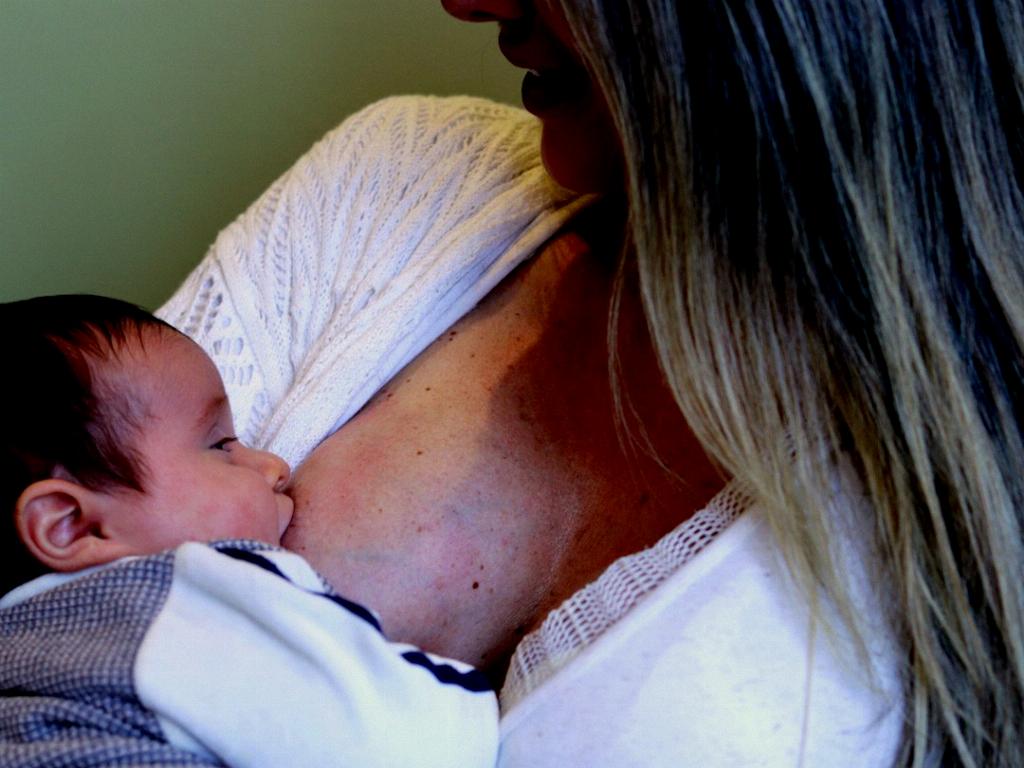When it comes to taking antibiotics while breastfeeding, many mothers may have concerns about the potential impact on their babies. However, it is important to note that most antibiotics are considered safe for use during breastfeeding. Several types of antibiotics, such as penicillins, aminopenicillins, clavulanic acid, cephalosporins, macrolides, and metronidazole, are deemed compatible with breastfeeding.
Penicillins, a commonly prescribed type of antibiotic, are generally considered safe to use while breastfeeding. These antibiotics are effective against a wide range of bacterial infections and are usually well-tolerated by both mother and baby. It is recommended to take penicillins at dosages at the low end of the recommended range to minimize any potential risks.
Aminopenicillins, which include amoxicillin and ampicillin, are also considered safe for use during breastfeeding. These antibiotics are often prescribed for various infections, such as respiratory tract infections, urinary tract infections, and skin infections. As with penicillins, taking aminopenicillins at lower dosages is recommended for breastfeeding mothers.
Clavulanic acid, commonly combined with amoxicillin in medications like Augmentin, is another antibiotic that is generally safe for use during breastfeeding. This combination antibiotic is effective against a broader range of bacteria and is often prescribed for more severe infections. Breastfeeding mothers can take clavulanic acid-containing antibiotics with confidence.
Cephalosporins, another group of antibiotics commonly used to treat bacterial infections, are also considered safe for breastfeeding mothers. These antibiotics are classified into different generations based on their spectrum of activity, with newer generations generally being more effective against resistant bacteria. However, all cephalosporins are deemed compatible with breastfeeding.
Macrolides, such as azithromycin and erythromycin, are frequently used to treat respiratory infections, skin infections, and certain sexually transmitted diseases. These antibiotics are considered safe for use during breastfeeding, with minimal risk of adverse effects on the baby. Breastfeeding mothers can take macrolides as prescribed by their healthcare provider.
Metronidazole, commonly used to treat infections caused by certain bacteria and parasites, is another antibiotic that is generally safe during breastfeeding. Although metronidazole can pass into breast milk, the amount is usually minimal and unlikely to cause harm to the baby. It is important to follow the recommended dosages and duration of treatment when taking metronidazole while breastfeeding.
While the above-mentioned antibiotics are considered safe for use during breastfeeding, it is essential for breastfeeding mothers to consult their healthcare provider before starting any antibiotic treatment. The healthcare provider can evaluate the specific infection, the mother’s health status, and the potential impact on the baby to determine the most appropriate antibiotic therapy.
It is important for breastfeeding mothers to take antibiotics exactly as prescribed by their healthcare provider and to complete the full course of treatment. Skipping doses or stopping treatment prematurely can lead to incomplete eradication of the infection and potential resistance development, which can be harmful to both the mother and the baby.
If a breastfeeding mother experiences any unusual symptoms or side effects while taking antibiotics, it is crucial to contact their healthcare provider immediately. Some antibiotics may cause allergic reactions or other adverse effects that require prompt medical attention. It is essential to prioritize both the mother’s and the baby’s health throughout the antibiotic treatment.
In conclusion, while the use of antibiotics during breastfeeding may raise concerns for some mothers, it is generally safe to take certain types of antibiotics while breastfeeding. Penicillins, aminopenicillins, clavulanic acid, cephalosporins, macrolides, and metronidazole are considered compatible with breastfeeding, with minimal risks to the baby when taken at recommended dosages. Consulting a healthcare provider and following their guidance is crucial for ensuring safe and effective treatment while maintaining breastfeeding.

